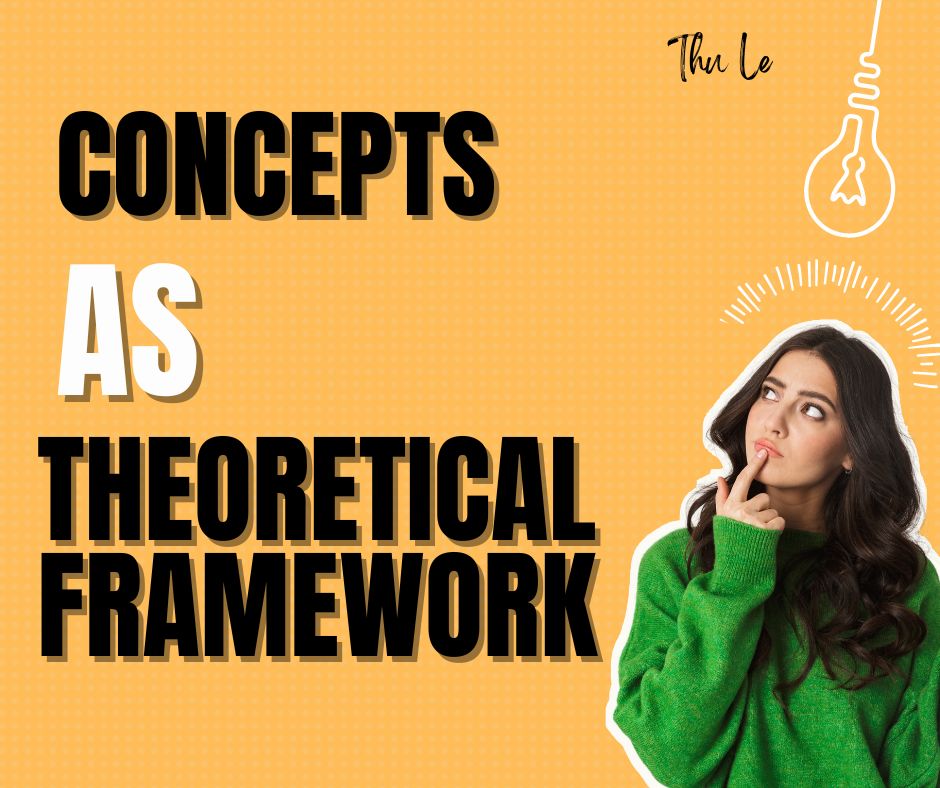While theories can be used to guide and structure your literature review (Brainy bite 1), can literature review inform and develop a theoretical framework for your study?
ABSOLUTELY YES!

The conventional approach often involves applying well-established theories, such as the Push-Pull theory. However, Nghiem-Phu and Nguyen (Link to the paper below) utilized key concepts directly related to their research topic to create a robust theoretical framework.
These authors investigated international students’ intention to study abroad, building upon three central concepts:
- perceived country image
- institution image
- self-image
This approach allowed for a more targeted analysis of factors influencing students' decision-making processes regarding international education. This choice of theoretical application reflects the flexibility of research design across various disciplines. It can be applied when established theories may not fully capture the complexities of the studied phenomena or when the research is conducted in a unique context.
By constructing a framework from key concepts intrinsic to the research topic, researchers provide a more nuanced and contextually appropriate analytical procedure. This approach, therefore, can contribute to theory development, offer new perspectives on the topic, challenge existing assumptions, or bridge theoretical gaps. All of these are “contributions and significance” of your research.
However, this approach may present several potential challenges. Only apply this approach when:
1. The selected concepts are highly relevant to the research questions and specific to the study’s context as you usually must justify your choice: why these concepts are more appropriate than established theories.
2. A comprehensive literature review is conducted to ensure that the chosen concepts are sufficiently validated (as evidenced from previous studies) to establish the concepts’ theoretical foundations and empirical support.
Think about your research project. Which key concepts are significantly relevant to your research question and context? Can you develop a framework based on them?
Please share if you have any experience with this approach!
Link to the paper: https://shorturl.at/I9Ggv
=============================================================
![]() Brainy Bites is a series where I share ONE key insight from a research paper I've read recently. These insights focus on research methodology and how researcher(s) do their research rather than subject matter, making them applicable across various fields.
Brainy Bites is a series where I share ONE key insight from a research paper I've read recently. These insights focus on research methodology and how researcher(s) do their research rather than subject matter, making them applicable across various fields.
![]() Each "bite" is a concise, thought-provoking piece of knowledge, a quick intellectual snack that's both informative and inspiring. By highlighting research approaches, these bites aim to enhance your research skills, regardless of your specific area of study.
Each "bite" is a concise, thought-provoking piece of knowledge, a quick intellectual snack that's both informative and inspiring. By highlighting research approaches, these bites aim to enhance your research skills, regardless of your specific area of study.
By Thu Le - Lecturer
- 30 views




























